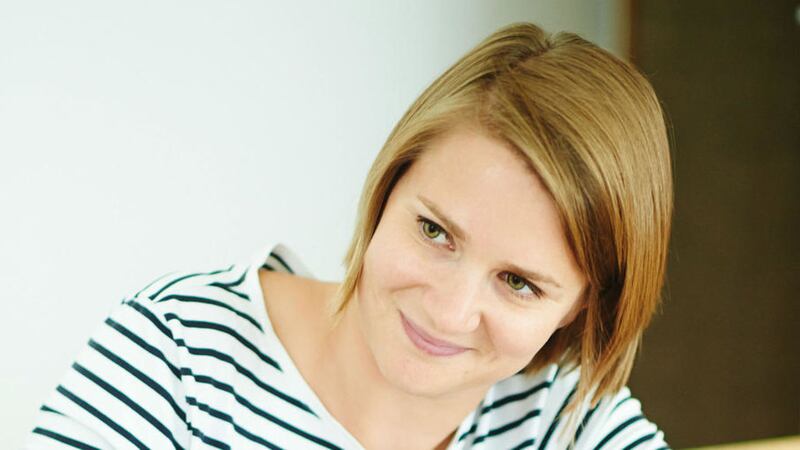In Cast Away you bring across the human face of the refugee crisis in a powerful narrative style. What was your goal in writing the book and were you driven morally or professionally?
I wanted to write a book which had a strong narrative drive and characters everyone could relate to so that it could reach beyond a readership in human rights and EU circles and to a broader public. This means getting across to as many people as possible the crucial message that refugees arriving in Europe are human beings with the same fundamental goals as you and I: to provide the best life possible for their families. While writing a book has always been a professional goal of mine, it was definitely a moral imperative. When I moved to Brussels in 2013 and started immersing myself in the migration story I was absolutely shocked at some of the abuses being committed in this union which claims to be a beacon of human rights and dignity for the rest of the world.
Have you kept in touch with any of the people you’ve interviewed to see how their lives have progressed?
Yes, many of them are like family for me now and I imagine I will always remain in touch with them. It's difficult, though: they are all extraordinary people who deserve to find happiness, but the conditions in Europe for successful integration are just not there at the moment, so everything is a struggle for them and I wish I could do more to help.
The refugee crisis is Europe’s biggest moral challenge since the Second World War. Do you have an opinion on the UK’s response?
The Conservative government has actively campaigned against life-saving search and rescue operations in the Mediterranean, used completely dehumanising language about people fleeing war, and offered sanctuary to a pitiful number of refugees. It is all terribly ironic as the UK has been affected so little by the crisis. It is the third most populous nation in the EU and the second richest, but accounted for just over 3 per cent of all asylum application in Europe in the second quarter of this year. It has offered homes to 20,000 Syrian refugees, when Germany has taken over 1.5 million people in a year and a half.
A year after three-year-old Aylan Kurdi’s body was washed up, children are still losing their lives and people here are turning a blind eye. Is the fear of ISIS attack taking over our ability to be compassionate?
Sadly, the very separate issues of the refugee crisis and Islamic extremism have become linked in people’s minds, and exploited by opportunistic politicians and some media. In reality, many of the refugees are fleeing the same extremist violence and are deeply insulted at the suggestion of any sympathy towards a group that contributed to tearing their homeland apart.
The resilience of these people you write about is amazing. Have they inspired your own journey in any way?
Hearing their experiences certainly puts your own struggles into perspective. For example, when my son was born I was dealing with all the usual worries over feeding him in public. Sina, meanwhile, was having to nurse her son on the pavement outside Budapest railway station among crowds of protesting refugees, and stand up to people smugglers who wanted to drug her baby so border police would not catch them.
Did you help any of these people personally?
I help them in any way I can, for example using media contacts to try and assist relatives still in dangerous situations outside Europe. There are obviously some ethical issues with how much I can assist them. I could not offer them any financial assistance, but asked them to nominate charities which helped them so I could donate some of the proceeds to those charities.
What are you currently reporting on/who are you working for?
I have been investigating integration efforts for refugees, which is very important if we are to avoid divided societies in the future. I am also interested in the radicalisation issue, and the phenomenon of foreign fighters. I am writing on these issues and others for publications including TIME, Newsweek, and The New York Times. I am also working on a novel based around the themes of the refugee crisis and Europe's moral failings, told from the perspective of a family in Britain who become embroiled in a human smuggling ring against their will.
What keeps you up at night?
I am terribly worried about the situation across Europe at the moment. I believe the continent is at a turning point, and is heading in the wrong direction. Xenophobic political parties are rising, and their rhetoric largely goes unchallenged by the mainstream parties. Compassion no longer seems to have any place in the debate, and nations are just becoming more insular.
:: Charlotte McDonald-Gibson will speak on her new book, Cast Away: Stories of Survival from Europe’s Refugee Crisis, on Wednesday October 12 at Belfast's Crescent Arts Centre as part of the Belfast International Arts Festival. For tickets visit belfastinternationalartsfestival.com



